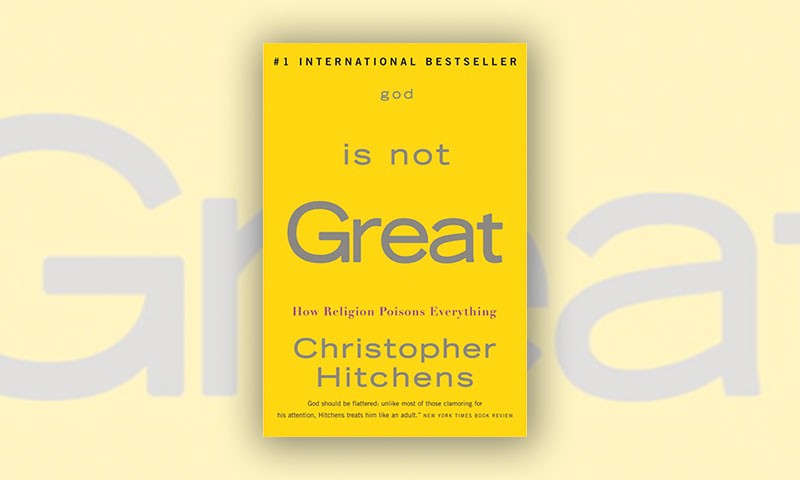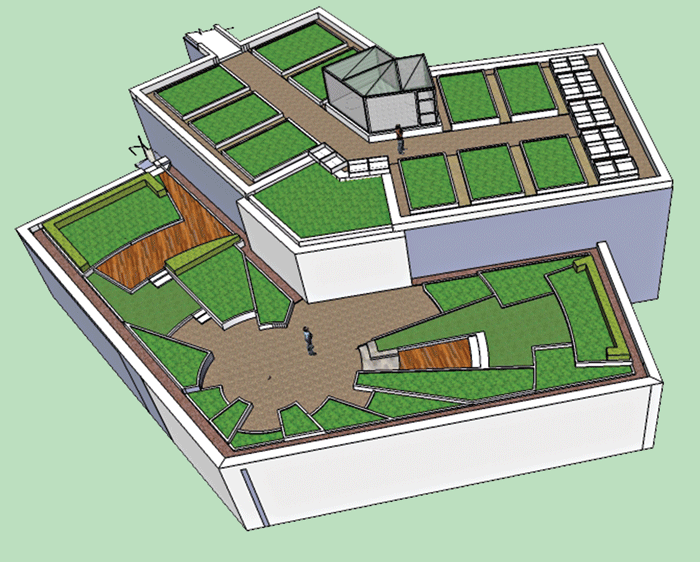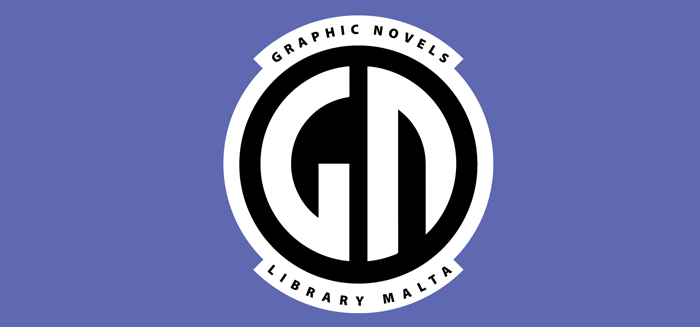
The proposed setting up of a new private American university in Southern Malta raises issues concerning the environment, transparency, and its impact on the Maltese Higher Education scenario. It also rekindles debates on the feasibility of a second university in such a small country, questioning whether it is a good thing to challenge the University of Malta’s traditional ‘monopoly’ in higher education.
The University of Malta’s ‘monopoly’ in the awarding of degrees has long been challenged. We have witnessed the emergence of other degree awarding institutions (such as MCAST). Globalisation’s intensification, through advances in information technology, allows online learning for fee paying students from a wide market to acquire qualifications. These are often supported by scholarships. The market is also bolstered by the emergence of so called ‘franchise agencies’, which prepare students for degrees granted by foreign universities. In addition, Middlesex University (UK) has a Malta campus.
Units in ministries—such as the Ministry of Education and Employment—are challenging the monopoly in research with their own complement of doctoral graduates. So the term monopoly can only be arguably justified when referring to the University of Malta as an institution combining both research and teaching. I believe that there can be no teaching, certainly within higher education, without research. This belief is not shared by those, including influential EU people like former Commissioner Jan Figel, who argue that Europe should follow the US model of having a different tier league separating research and teaching universities.
The franchise agencies that have emerged within the Maltese Higher Education scenario still need to demonstrate whether they will combine research and teaching roles. My impression is that these agencies are mainly teaching institutions that coach students to pass exams set by others.
The University of Malta itself also still needs to show that it is really combining these roles in all faculties and departments. While University has had teaching audits there have been little research audits to date, though I hope the country will be spared the ‘excesses’ of some other countries’ systems (see the literature critical of the UK’s REF audit system).
I have always been in favour of education as a public rather than a consumption good. On the other hand, I have long dreamt of another public university situated in Southern Malta that, while attracting foreign fee paying students at a reasonable rate (way below the astronomical £9,000 per year charged by English universities) would also generate an economic and cultural spin-off in specific areas, such as Cottonera. My ideal choice for this has always been Bighi, although now this would be difficult to achieve. Think what a good use of an already impressive building (no need to build a new campus and claim more of our limited land) can do for the regeneration of the Cottonera and other areas in the South that have the lowest number of university graduates. And the campus can be extended to include the area built as Smart City, since there has been little take-up by the envisaged companies in this intended ICT haven.
A new university would have to be a public Maltese institution. I would not like to see any precious historical and other public resources ceded to a private corporate entity. It is also important that a proposed second public university would not duplicate but complement MCAST and the University of Malta. To be economically viable, a second public university must be characterised by a strong international drive that would allow foreigners to be charged at moderate rates. This international drive would become a key source of revenue.
Another suggestion is that the stipend for Maltese students should be topped up as fees to be paid back, otherwise foreign EU-based students cannot be charged and that would be unfair on the Maltese taxpayer. Foreign students should, however, be charged moderately not astronomically. The pool of potential students needs to be broadened and not confined to Maltese students since, in the latter case, a second public university would not make sense given the small size of the island, its population, and the extra costs involved. Duplication comes at a considerable expense in a small state with a small population.
Several public European universities charge moderate fees. I would like to see Malta adopt this kind of model, which enhances the international dimension in higher education with spin-offs for the surrounding communities that can enhance their cultural milieu. And this model retains the idea of higher education as a public good, something which I believe the University of Malta and MCAST are already doing, certainly when compared to trends witnessed in North America and many European countries. It would be an institution that responds to social, economic, and democratic needs, including regional regeneration needs, and not simply corporate greed. This approach should also create good quality jobs (not those created by increasing bureaucratisation) while generating cultural and social renewal in the surrounding area with potentially long term positive effects.












